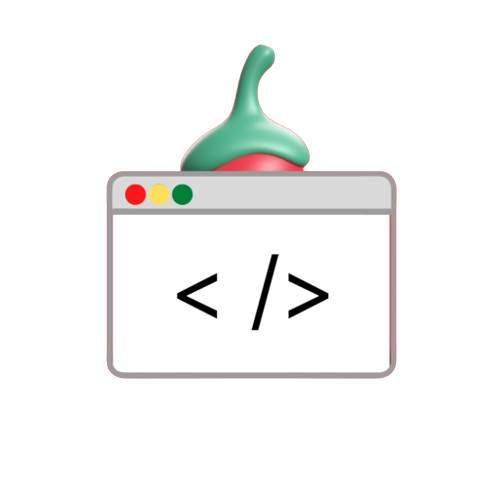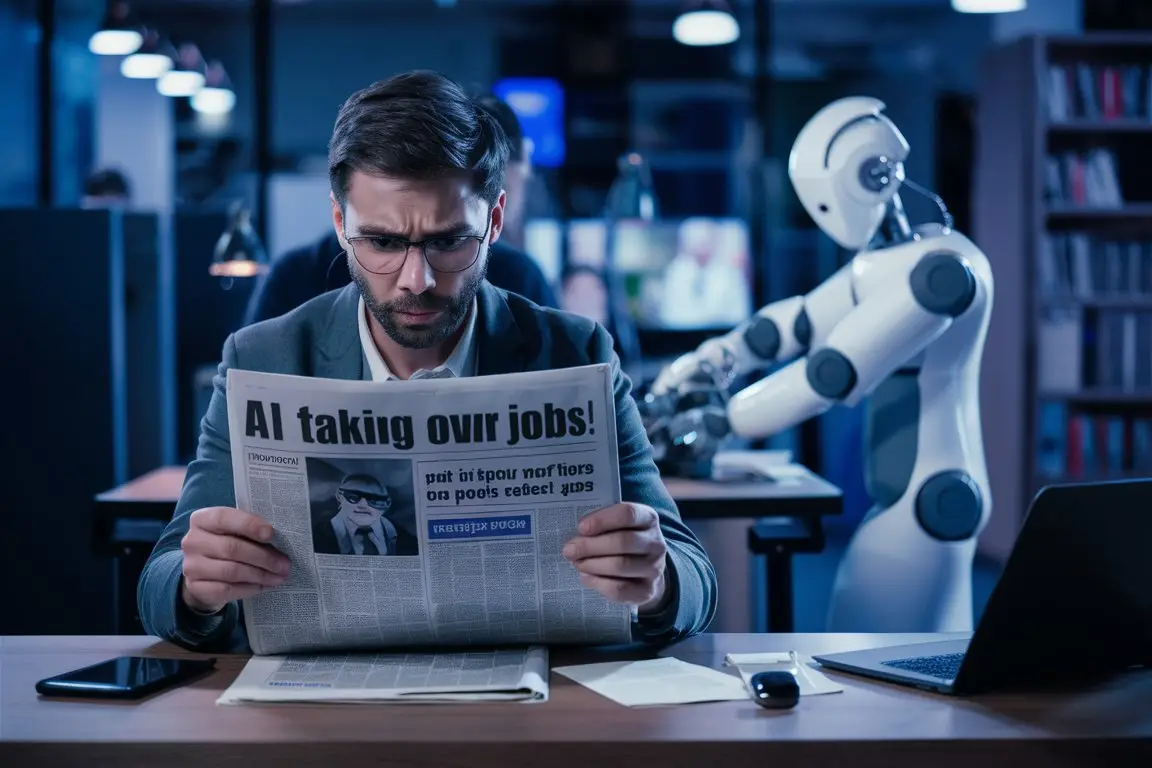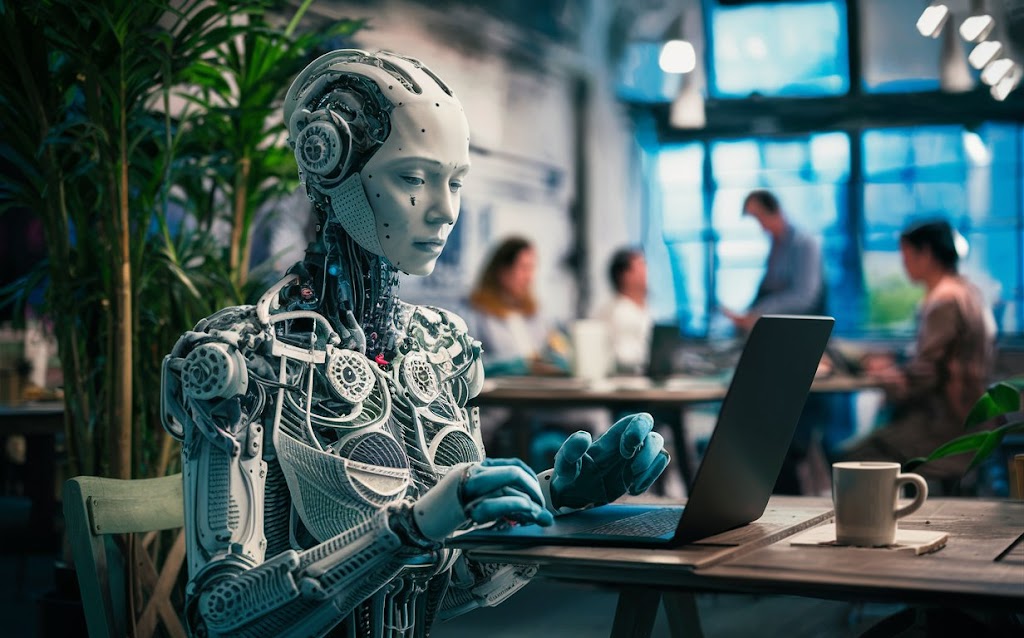As the technology era processes, more and more with time. The impact of AI on the global trade, business and job market flourishes. According to Statista The market size in the Artificial Intelligence is projected to reach US$184.00bn in 2024. The market size is expected to show an annual growth rate of 28.46%, resulting in a market volume of US$826.70bn by 2030.
This blog will explore the complex relationship between Artificial Intelligence (AI) and the jobs (employment).
We will explore the challenges and opportunities presented by this rapidly evolving technology. By examining displacement concerns, the emergence of new roles and the growing need to upskill, we aim to provide insights into navigating the future of work in an AI-dominated world.
Table Of Contents
The Rise of AI and Automation
Imagine teaching a computer to think like a human.
That’s exactly what Artificial Intelligence, or AI is completely about. It’s about creating a range of machines that can learn, do reasoning, solve-problems, and make decisions, just like we do.
How does it work then? AI systems learn from the data which we provide to them. They identify patterns and relationships, allowing to take predictions or actions. Think of it as teaching a child to recognize a squirrel. You show them pictures of different cats, and over time they learn to recognize the dog in new pictures as well. AI works similarly, but with more complex data and models.
What can AI do?
AI has a wide range of applications, as you might know:
- Language understanding and responsiveness: This includes things like virtual assistants, language translation, and humanoid generation like ChatGPT, Gemini.
- Image and object recognition: AI can recognize objects in images, recognize faces, and even understand the text of images.
- Forecasting: AI can analyze data to predict future events, such as weather or stock market trends.
- Learning and adaptation: AI systems can learn from their mistakes and improve over time, just like humans.
From self-driving cars to medical research, AI is changing our world. It is a powerful tool that can solve complex problems and improve our lives.
Upskilling and reskilling:
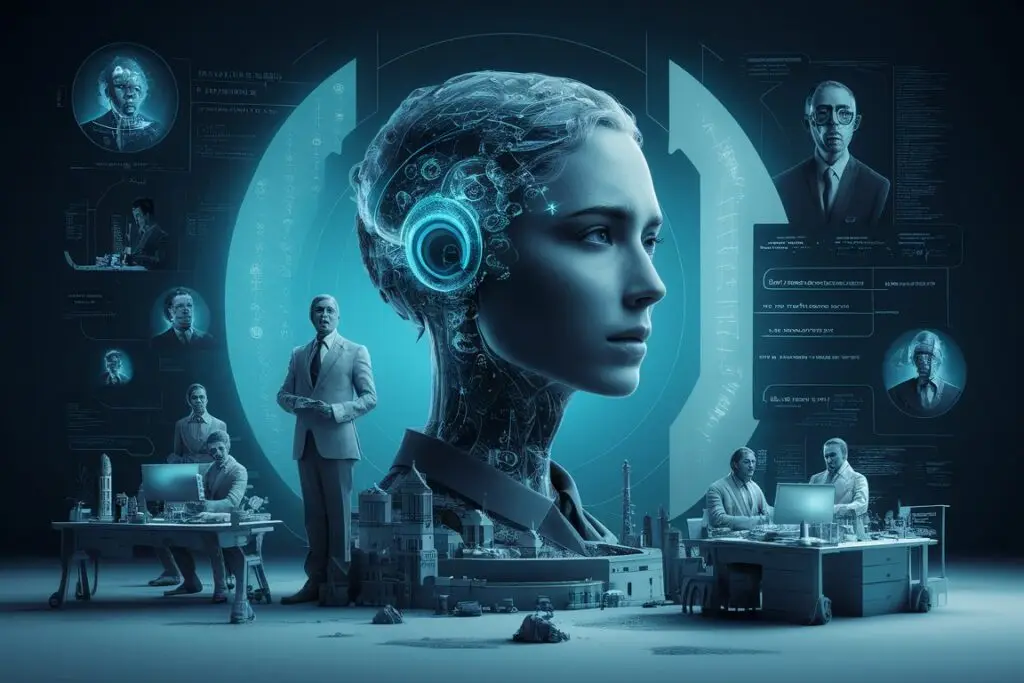
Not only will people survive the age of AI, they will thrive in it. This requires a proactive approach to skill development.
- Lifelong learning matters: The job market is dynamic. Ongoing learning is necessary to stay relevant. This means staying abreast of the latest AI trends, developing new skills and adapting to evolving job roles matters.
- Focus on human-centric skills: While AI excels in the tasks that require precision and speed, human qualities like creativity, critical thinking and emotional intelligence still do what is the most important. Cultivate this knowledge to complement AI capabilities.
- Government-Industry Partnership: Government and industry should work together to provide resources and training programs to equip the workforce with the necessary skills. This includes funding for workforce training, enhancing digital literacy and fostering a culture of innovation.
Remember not only to gain new skills, but also to understand how to use them effectively in an AI-driven world. Developing skills that support AI, rather than compete with it, is the key to future-proofing your business.
By embracing a culture of lifelong learning and upskilling, individuals and organizations can successfully navigate the AI revolution.
Job Displacement Concerns:
Job displacement is the shadow part of AI. While AI promises a future of innovation and efficiency, it is important to acknowledge the legitimate fear of displacement. Routine, repetitive tasks are ripe for automation. Functions may also impact data entry, customer service (for basic queries), and some aspects of financial analysis.
Examples of activities that may affect them include:
- Telemarketers: AI-powered chatbots can handle the initial customer interaction.
- Data entry clerks: Automation can handle structured data efficiently.
- Top customer service representatives: AI-powered chatbots and virtual assistants can handle frequently asked questions.
New Job Opportunities Created by AI
The AI revolution is not just about replacing jobs, but it also presents an exciting new opportunity. There are some upcoming roles that are in high demand.
- AI Engineers: These are the professionals that design, develop and test AI systems. They focus on building the underlying infrastructure through algorithms that power AI applications.
- Machine Learning Engineer: This role involves applying machine learning algorithms to real problems. Models are developed and trained, used for product development, and continuously improved performance. (Machine learning is covered more in this post).
- Data Scientist: A data scientist plays a key role in collecting, storing and analyzing data to gain valuable insights. They collaborate with AI engineers to create effective models (they even get paid so much). (Data Science is covered more in this post).
- AI Researchers: These people explore the limits of AI research and develop innovative programs and strategies to push the boundaries of what is possible.
These applications are at the forefront of technological development and offer high levels of productivity.
As the threat of job displacement becomes more apparent, it is important to remember that AI is a tool, not a substitute. It is designed to improve human potential and to not not hinder it. By automating simple and repetitive tasks, AI frees human workers to focus on higher-order thinking, creativity and problem-solving.
This transition requires a workforce equipped with new skills. Flexibility, critical thinking and emotional intelligence will be paramount. As AI handles routine tasks, humans will need to interpret data, make strategic decisions, and drive creativity and innovation in business.
Upskilling and deskilling will be essential to navigate this changing landscape. Investing in this ongoing learning process, acquiring new skills and understanding how to integrate with AI systems the best will be key to future job security and success.
The Future of Work: Humans and AI Collaboration
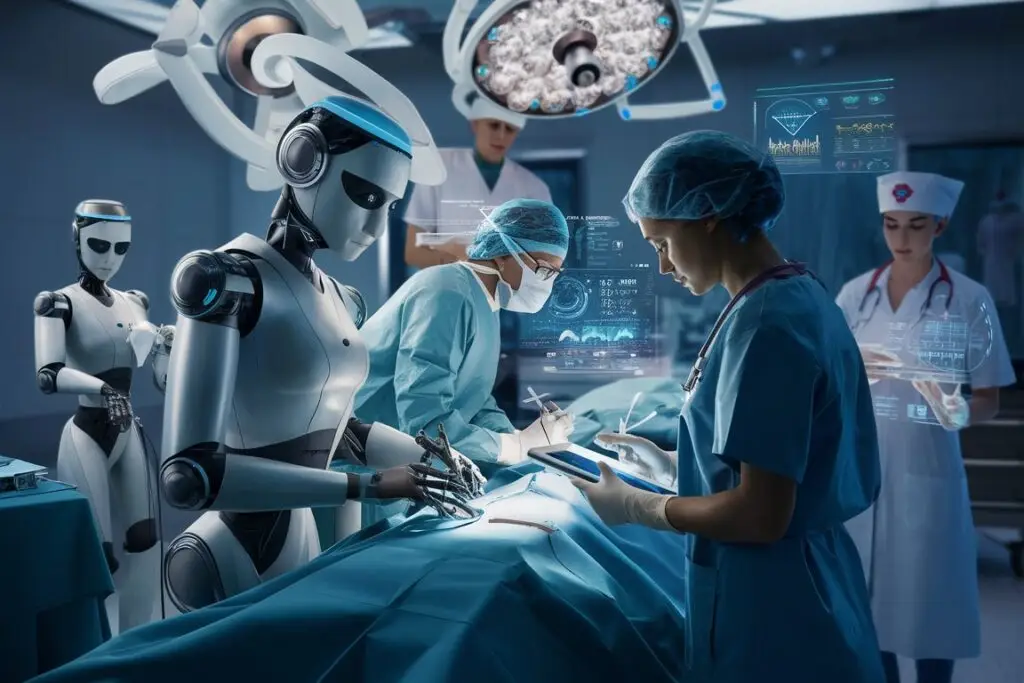
It is important to emphasize that AI is a tool designed to enhance human capabilities, not to completely replace them. While AI excels at processing vast amounts of data, recognizing patterns and executing tasks with speed and accuracy, yet it lacks important attributes of human intelligence e.g.
- Creativity and innovation: Humans have the unique ability to think outside the box, generate new ideas and solve problems with new perspectives. While AI can learn and adapt, it struggles to match human creativity.
- Emotional intelligence and empathy: Understanding and responding to human emotions is a complex task that requires empathy and social intelligence, It is the area where AI is still lacking.
- Ethical decision-making: Humans bring values, morals, and ethical considerations to problem-solving, ensuring that decisions align with social norms and human well-being. While AI is built on data so does not have these little meanings.
Note – If you need a detailed analysis of Human vs. AI Intelligence, Consider reading this blog.
Human and AI performance: The music of performance and decision-making
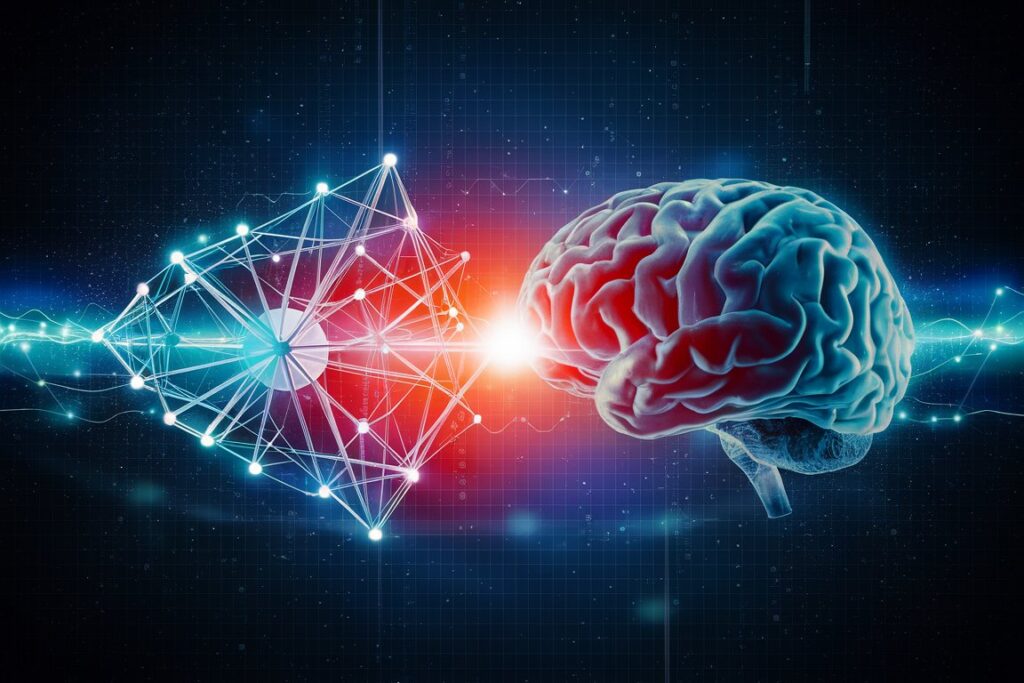
The collaboration of human intelligence and the computing power of AI is changing the way we work. This is no longer about people versus machines, but people and machines working together to achieve unprecedented performance and decision-making.
AI as a mental assistant:
Think of AI as a tireless research assistant, shifting through big data sets to uncover hidden patterns and insights. This focuses on human intelligence in terms of strategic thinking, problem-solving and innovation. For example, AI in finance can analyze market trends and predict potential outcomes, while human economists can provide context and make strategic decisions
Building Human Resources:
Imagine a customer service representative carrying an AI-powered chatbot that handles frequently asked questions, allowing the representative to solve complex customer issues
Enhanced Decision:
AI can process information at lightning speed, providing valuable insights to inform decision-making. By combining the data analytics prowess of AI with human intuition and judgment, organizations can make informed and timely decisions. For example, AI in healthcare can analyze patient data to identify potential disease outbreaks, while doctors use this data to develop effective treatment plans.
Preparing for the Future: Upskilling and Adaptability
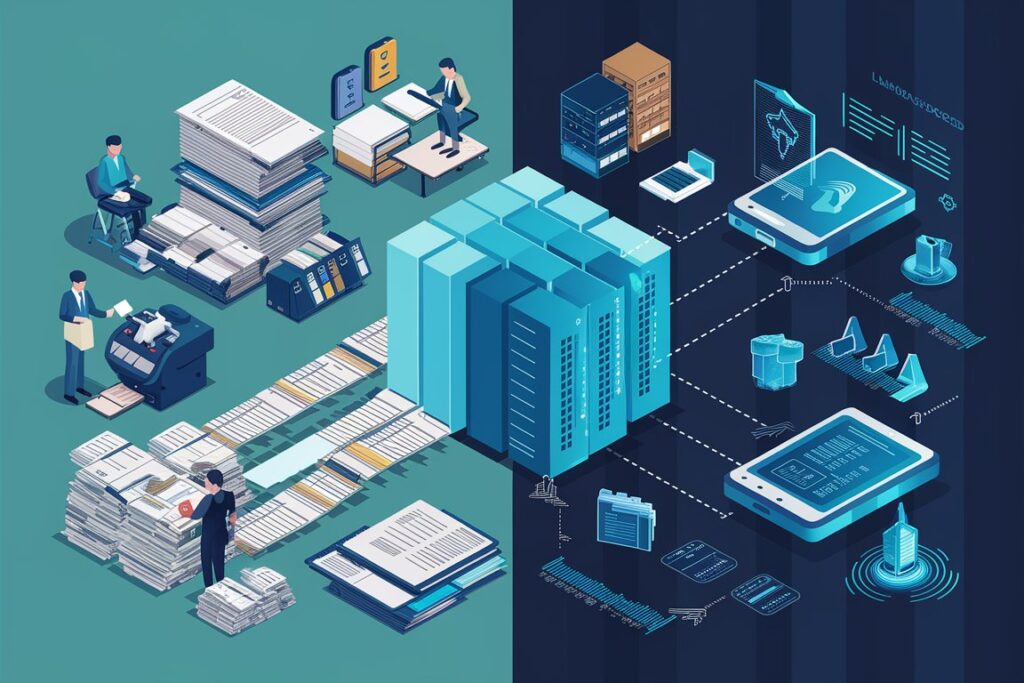
With the rise of AI and automation, skills need to change.
Consider acquiring the following to secure your future career.
- Data Analytics: The ability to extract insights from big data is critical. Learn tools like Python, SQL, and data visualization techniques.
- Programming Proficiency: A strong foundation in languages such as Python, R, or Java AI/ML, data science, and software development activities are required.
- Critical Thinking and Problem-Solving: These skills are necessary to analyze complex problems, develop innovative solutions, and adapt to new challenges.
- Digital literacy: Understanding and using technology is of utmost importance. Stay up-to-date on upcoming trends and technologies.
- Communication and Collaboration: Effective communication and teamwork is critical in today’s interconnected world. Have strong interpersonal skills.
- Lifelong learning mindset: Embrace continuous learning as the key to success. Be curious and look for new skills and areas of expertise.
Remember, these skills are not mutually exclusive. Together, they will give you a versatile set of skills to navigate a growing job market.
Conclusion
While the rise of AI is certainly changing the business landscape, yes It is important to see this change as an opportunity rather than a threat. By embracing lifelong learning, developing on-demand skills, and developing the collaborative capabilities of humans and AI, we can successfully navigate this new era.
In the future, AI has tremendous potential to improve our lives, from revolutionizing healthcare to tackling climate change. By harnessing the power of AI responsibly and ethically, we can create a world where technology empowers humans to scale to greater heights.
Let’s approach this AI revolution with the hope and determination to continue to grow Together we create a future where AI and humans coexist side by side, driving innovation and prosperity for all.
